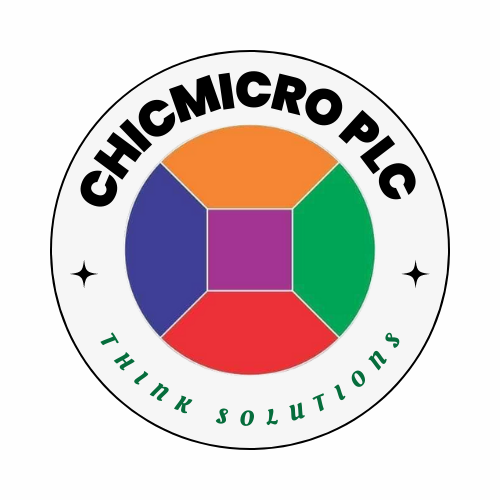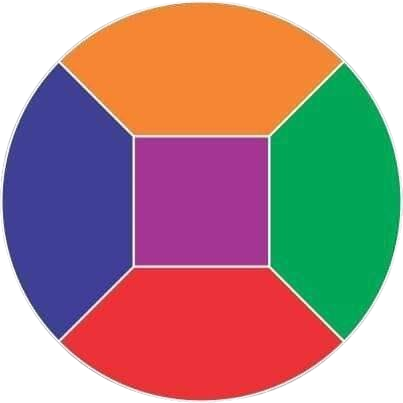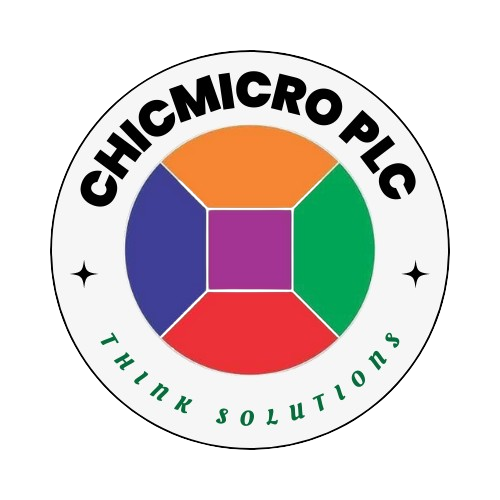Under Canada’s family reunification stream, Canadians and permanent residents may sponsor their parents or grandparents for Canadian permanent residence. The demand for this program far exceeds the allocated number of applications to be processed each year. Because of the high demand, IRCC has created a form of lottery system. Perspective sponsors must now submit an online “interest to sponsor” to the IRCC during the intake period. Once the intake period has ended, IRCC issues a set number of invitations to apply from the list of interested sponsors. The number of invitations to be issued for 2018 is 10,000. For the sponsors fortunate enough to be issued an invitation to apply (ITA), they must submit a complete application within 90 days from receipt of the ITA.
Before submitting an interest to sponsor it is important you review the qualification requirements. One of the biggest hurdles faced by sponsors is meeting the minimum necessary income requirement for each of the three taxation years immediately preceding the date of the application. The minimum income is calculated using the Canadian Low-Income Cut-Offs (LICOs) plus 30%. The sponsor must consider the number of family members plus the number of people to be sponsored. For example, if the sponsor has a spouse and one child and wants to sponsor his mother and father, then the LICO + 30% will be for a family size of five (family size 3 + 2 parents =5). Then the sponsor must prove his income level for the immediate previous three taxation years was at or above the amount of LICO + 30%. Using today’s table, that number is $67,400 for 2017, $66,654 for 2016 and $65,377 for 2015. If the sponsor earned less than these amounts during those years, then he will not qualify.
Once the application is submitted and is in process, the sponsor must maintain the minimum income levels until the parents / grandparents are granted permanent resident status. As of today’s, date the processing time for a parent / grandparent sponsorship is four years. It is very important that the income level never dips below the minimum necessary income requirement during the process.


